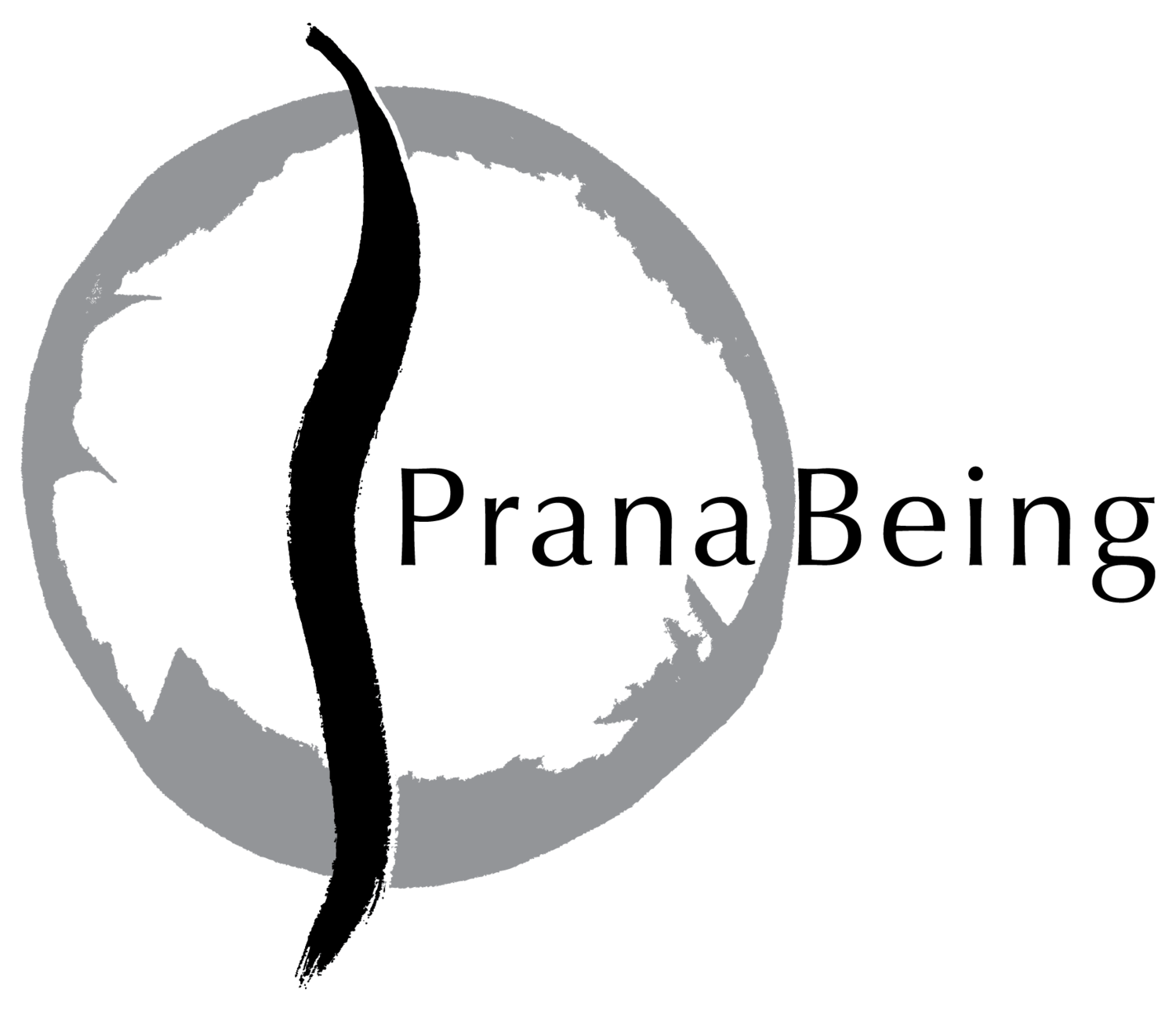
Exploring the workings of health, harmony, integration, and liberation.
PranaBeing blog: Tough Questions
Would you prefer to:
a) succeed at your objective by doing things in a way that reinforces detrimental habits and self-concepts?
OR
b) fail at your objective in a way that reveals or disrupts detrimental habits and self-concepts?
Is getting what you think you want the limiting factor in your existence?
When is the last time you got what you wanted? (It happened today. Did you even notice?) How long did the satisfaction last?
On the other hand, what’s the story of your latest failure? Are you using that experience to reinforce self-loathing or as a catalyst for self-discovery?
Well then, what is the limiting factor in your existence?
Says who?
(If you are going to use these questions as tools, it helps to write down your answers). Leave a comment and share what you discover.
PranaBeing Blog: Information vs. Awareness
Information does not equal awareness.
Having read or heard or seen something, knowing how to do something, or even going through the motions of what we know how to do does not guarantee awareness. Even experience itself does not guarantee awareness, though all of these things (reading, listening, learning, experiencing, and doing) have the potential to awaken awareness within us.
Awareness has to do with conscious engagement. The more aware we are, the more present we are to what is happening now.
Awareness requires sentience. As we become more aware, we become increasingly conscious of the myriad stirrings aroused within our being in response to this moment.
It is only through awareness that skillful action becomes available. Skillful action is an expression of integration.
yogah karmasu kausalam - Bhagavad Gita 2.50
Yoga is skill-in-action
Without awareness, we are like a blindfolded person equipped with every type of headlamp and spotlight known to man, thrashing about in darkness.
We have gotten very good at generating, gathering, and exchanging information. Let’s get better at becoming more aware.
Are you using the tools, knowledge and practices (i.e. what you do regularly) in your life to help you become more aware? How does life change when you do?
Micro Investing in Yourself
Understand what health is and whether you want to cultivate it. (If you don’t, this blog is not for you. Save some time and stop reading now).
Let’s use the Ayurvedic definition, articulated 3,500+ years ago:
samadoshahasamagnischa
sama dhatu mala kriyaha
prasanna atmendriya manah
swasthaitiabhidiyate - Ashtanga Hrdayam
A person is called healthy when the dynamics governing function (doshas), the digestive capacity and process, and body tissues are all balanced; wastes are eliminated regularly; senses and mind are clear, and the person has a feeling of luminosity and pleasantness deep within.
Now you have a clear rubric for assessing your own current state of health or dis-ease.
Cultivating health is not rocket science. Here’s something you can do right now to start.
Exercise:
1. Look at the definition above and determine where your state of health leaves something to be desired. Are you having indigestion every afternoon? What about that persistent shoulder ache? Or maybe you feel dull in the morning even after a full night’s sleep. Jot down the areas you see need attention.
2. Now write down 1 - 5 things you do regularly that you know do not support your health. They can be directly related to your health challenges or not. (These can include thinking or saying specific things)!
3. Look at your list. Which one of these are you willing to trade for an action that does support your health?
4. What is the easiest, simplest thing you could do that you know supports your health?
5. Make your trade.
Congratulations! You have just started micro-investing in yourself. Make a commitment to return to this process in one week and check on your ROI.
Leave a comment below and let me know: how’s your health? What trade are you making? What ROI are you reaping?
